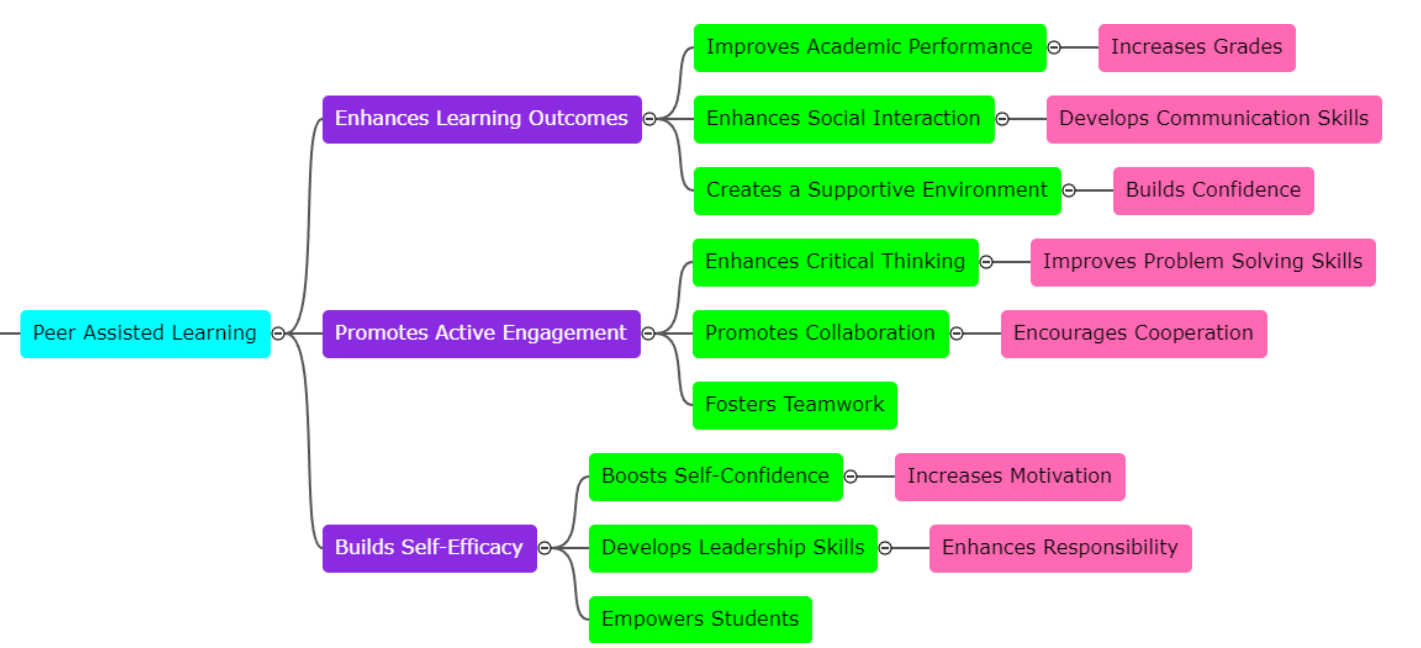Make sure to read the whole article to bring together all its meaning.
Understanding Medical Student Stress
Medical school is one of the most challenging and demanding programs a student can undertake. With heavy workloads, rigorous course schedules, and the pressure of becoming a healthcare professional, it is not surprising that stress is a common experience among medical students. Understanding the causes of stress in medical school can help students better manage and reduce their stress levels.
The demands of Medical school demands a high level of commitment, discipline, and hard work. Students are expected to attend countless lectures, spend countless hours studying, and perform well on exams. This intense schedule can be overwhelming, leading to feelings of anxiety and stress.
The high stakes of medical school The high stakes of medical school contribute to the stress experienced by students. They know that the future of their careers and the well-being of patients depend on their success in medical school. This pressure can be intense and can lead to feelings of stress, worry, and anxiety.
The uncertainty of the future, Medical students also face uncertainty about their future careers and the impact they will have on patients. This uncertainty can lead to feelings of stress and anxiety, as they worry about what the future holds. It is important for medical students to recognize and address these stressors in order to successfully manage the demands of medical school.
Coping Strategies for Medical Student Stress

As medical students, it is important to recognize and manage the stress that comes with the demanding nature of our education. Stress can have a negative impact on our mental and physical health, and can hinder our academic and professional success. However, with the right coping strategies, we can effectively manage our stress and thrive in medical school.
Prioritize self-care:
Self-care is an essential aspect of stress management. It involves taking care of our physical, emotional, and mental well-being. This can include activities such as exercise, meditation, good nutrition, and plenty of sleep. By making self-care a priority, we can ensure that we have the energy and resilience to tackle the challenges of medical school.
Practice mindfulness:
Mindfulness is a powerful tool for managing stress. It involves being present at the moment and focusing on our thoughts, feelings, and sensations. By practicing mindfulness, we can become more aware of our stress levels, and better equipped to manage them.
Establish healthy boundaries:
It is important to establish healthy boundaries between our personal and professional lives. This can involve setting limits on work hours, learning to say no to additional responsibilities, and taking breaks when we need them. By establishing healthy boundaries, we can better manage our stress levels and avoid burnout.
Seek support:
Seeking support from friends, family, or a mental health professional can be a helpful coping strategy. Talking to someone about our stress can help us process our feelings and find new perspectives. Additionally, seeking support can help us build a network of support, which can provide a source of comfort and encouragement during difficult times.
Find a healthy outlet:
Finding a healthy outlet for our stress can be a useful way to manage it. This can include activities such as exercise, art, or playing an instrument. By engaging in activities we enjoy, we can reduce our stress levels and improve our overall well-being.
When incorporating these coping strategies into our daily lives, we can effectively manage our stress and thrive in medical school. By doing so, we can ensure that we are physically and mentally prepared to make the most of our education, and to make a positive impact on the lives of our patients.
Building Resilience and Staying Positive

Building Resilience and Staying Positive: A Must-Do for Medical Students
As medical students, the journey to becoming a doctor is full of challenges and stressors. It can be tempting to fall into negativity, but it is essential to stay positive and build resilience. With the right mindset and tools, medical students can overcome stress and thrive in their studies and careers.
Find a Support System
One of the most effective ways to stay positive is to surround yourself with a supportive community. Whether it’s family, friends, classmates, or mentors, having people to turn to can help alleviate stress and provide a source of positivity.
Embrace Self-Care
Self-care is critical to maintaining positivity and resilience. Engage in activities that bring you joy and relaxation, such as exercise, reading, or spending time in nature. These activities can help reduce stress and improve mental health.
Set Realistic Expectations
Medical school is demanding, but it’s crucial to set realistic expectations for yourself. By focusing on your progress and growth, rather than perfection, you can reduce stress and maintain a positive outlook.
Focus on Gratitude
Fostering a grateful mindset can help you stay positive and build resilience. Practice gratitude daily by writing down what you are thankful for or reflecting on your positive experiences. This simple exercise can help shift your focus from stress and negativity to gratitude and positivity.
Remember Why You’re Here
Reminding yourself of why you pursued a career in medicine can help keep you motivated and positive. Whether it’s helping people, making a difference, or pursuing your passion, holding onto your purpose can help you overcome stress and stay focused on your goals.
In conclusion:
Staying positive and building resilience is essential for medical students. With a supportive community, self-care practices, realistic expectations, gratitude, and a focus on purpose, medical students can overcome stress and succeed in their studies and careers.







